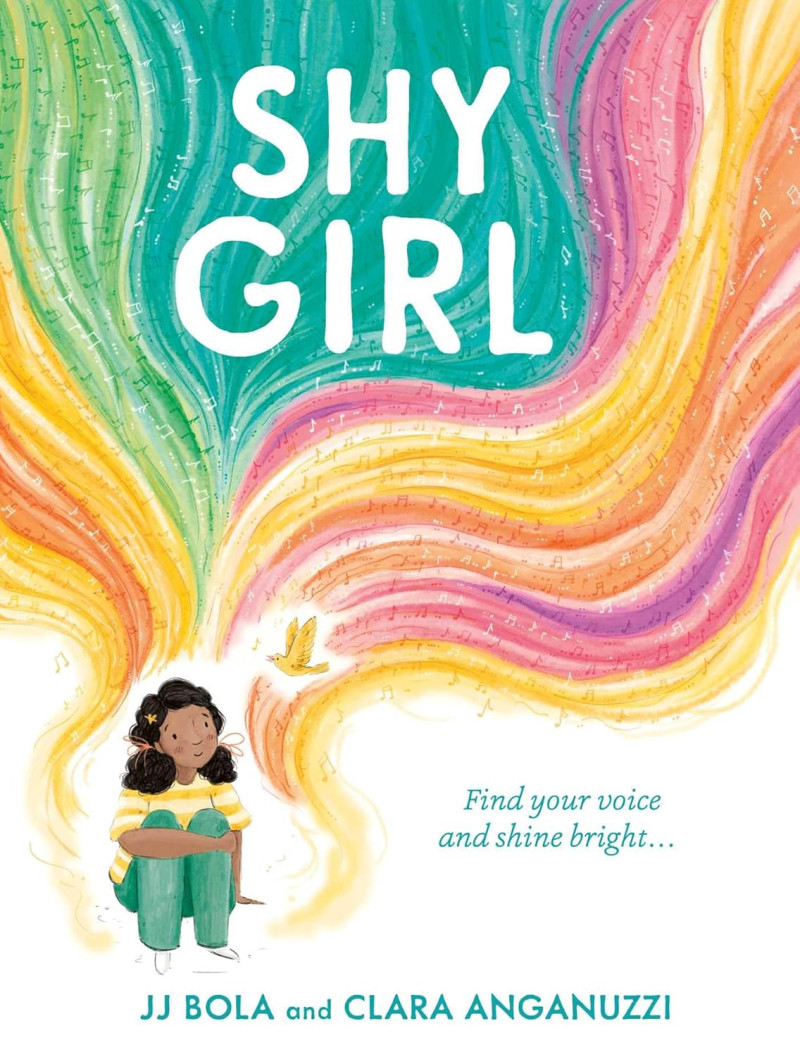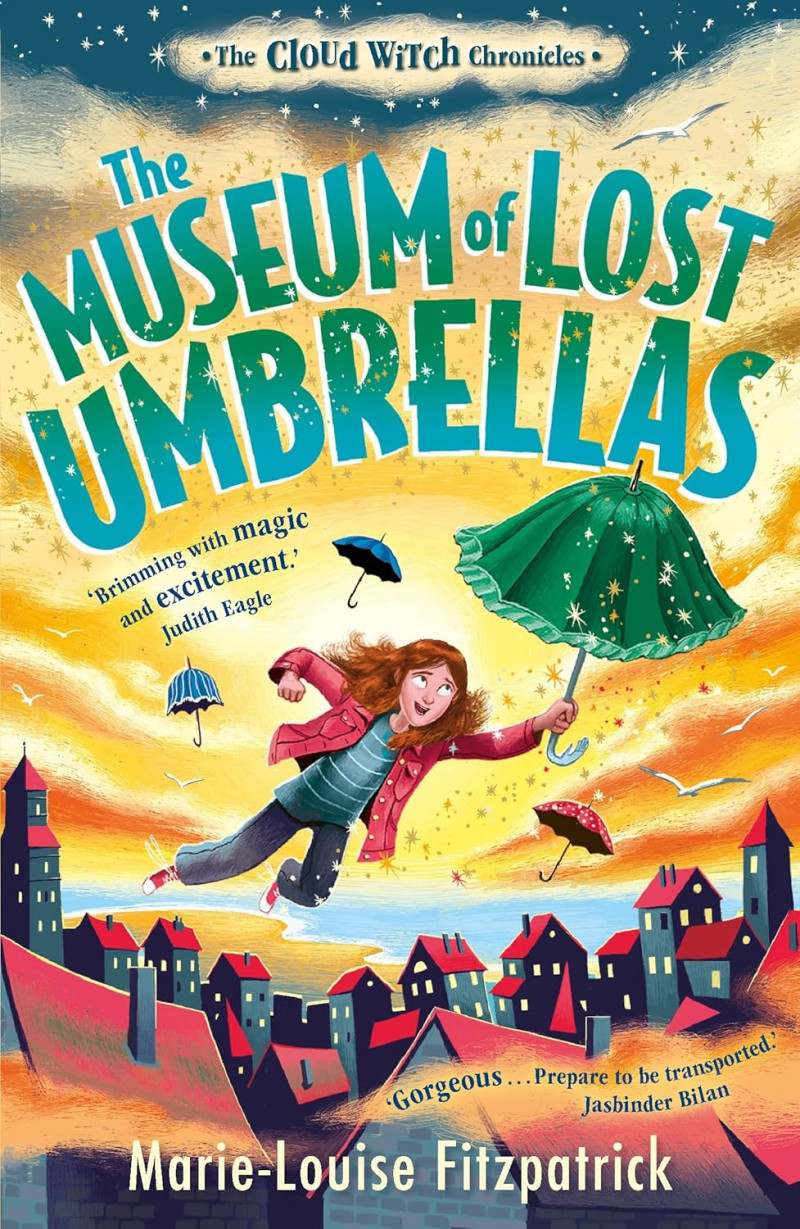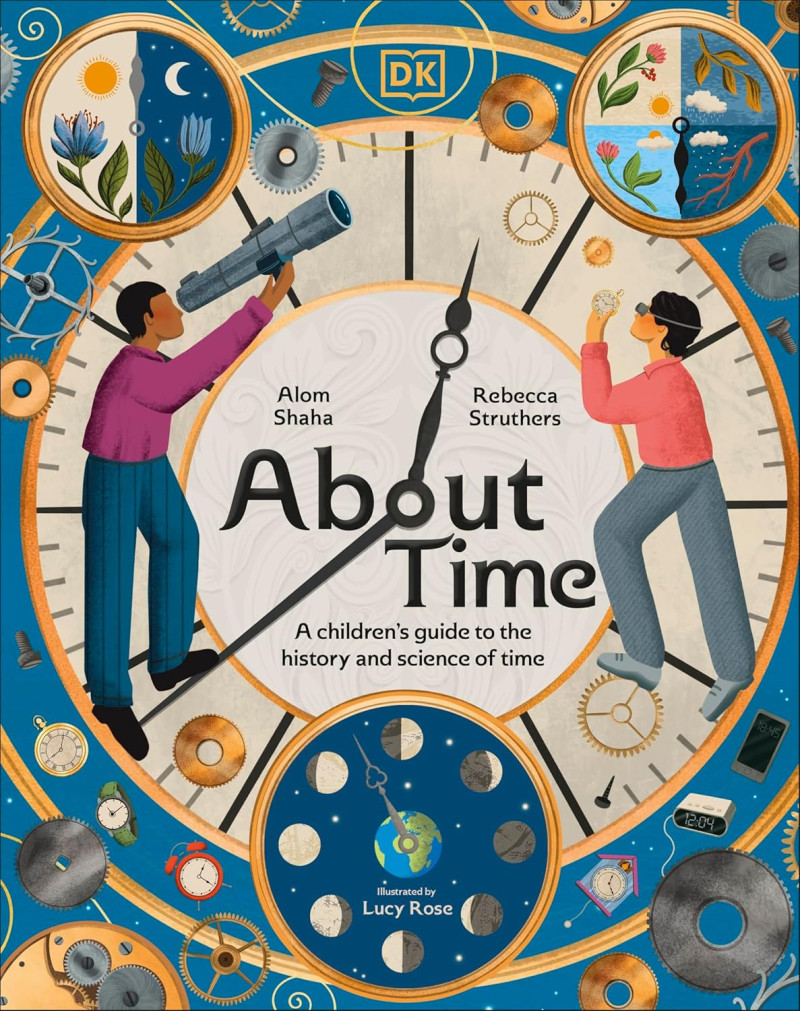Posted on: 27/08/2025
September is often a time of transition - in the UK, certainly - where summer fades to autumn and days start to shorten; many children will return or have not-long returned to school and some will be starting for the very first time. This change can be unsettling and even a little scary. And then there are the logistics surrounding school - so much to remember and worry about for children, parents and school staff: Where are last year’s school shoes? Do they still fit? Am I ready? Did I do enough before the holidays? Can I remember how to do my job? Will year 6 be super scary? Will I like my new teacher? Can I manage two school runs in two different directions? Will my little one manage Year 1? Have I set the alarm? Is everything properly labelled? When’s half term???… round and round the thinking can go. So - for some respite from such tortuous thoughts - start the new school year with our September selection of books on facing our fears, coping with change and the passing of time.
Shy Girl
by JJ Bola and Clara Anganuzzi
(Simon and Schuster Children’s UK, 14th August 2025)
Shy Girl has a gift but she cannot share it. She loves to sing but whenever someone is watching her, she freezes. She can’t sing the words for fear. What if someone hears her? She worries somebody will laugh at her. Then, Shy Girl’s teacher - Miss Cleverly - announces that there is to be a talent show. She encourages the children to remember that ‘inside you is a power, deep within you is a strength. You are special, don’t you ever forget.’ Supportive words from someone who seems to be a lovely teacher. But Shy Girl does not believe she’s special at all… Will she manage to take part in the talent show and let everyone hear her beautiful voice? A companion text to Fly Boy, this is a lyrical exploration through narrative poetry and using gorgeous illustrations in an array of pastel hues. The perfect book for children in kS1 and year 3 to talk about confidence and self-belief. Stunning!


The Museum of Lost Umbrellas
by Marie-Louise Fitzpatrick
(Faber & Faber, 31st July 2025)
‘It was a children's book; she’d found a children's book! Or had the book found her? It was hard to tell.’
Dilly Kyteler’s life changed overnight when, after her mother died, she was placed by social services with the only known living relative. Aunt Florence lives on a self-contained island and at first, Dilly is a bit unsure. But then it seems that life on Ollipest might actually be better than she could have ever thought: her aunt isn’t as strict as Dilly had first feared and for the first time, Dilly has the sense of living a charmed existence: she manifested a dog who appeared and now – under his given name of Parsley to fit with family tradition (Dilly – dill…) – they belong together; she’s found a friend in a local resident’s grandson – Callum; and in her aunt’s library, the shelves of which allegedly hold no children's books, a child’s book appears that definitely only did so when Dilly wished it aloud… surely all of this is coincidence, is it not?
Perhaps Dilly is having a little bit of good luck given that all this change and upheaval has been foisted upon her… or perhaps it is she who has brought the charm to the island?…But it is when Dilly and Callum visit the titular ‘Museum of Lost Umbrellas’ that the real magic begins and Dilly begins to question her origins and everything she previously believed to be true …
This novel is the first in the ‘The Cloud Witch Chronicles’ which promises to be a huge hit with its intriguing setting and intricately woven plot-line. Just brilliant!
About Time – A children’s guide to the history and science of time
By Alom Shaha and Rebecca Struthers, illustrated by Lucy Rose
(DK Children, 28th August 2025)
This is as visually pleasing as it is mentally stimulating. A deep dive into not just the 24 hours in a day and the minutes and seconds within, but everything you never knew you never knew about time. The introduction is cleverly printed to represent the sands of time passing through an hourglass and includes the many idioms relating to time as well as the fact that as humans we use, abuse, wish away and wish for more time!
But this isn’t just a look at watches and clocks: how is the passing of time reflected in the natural world? How, through history, has time been measured and used? What about calendars in different cultures? All of these questions are explored as well as various different methods of measuring and displaying time including the intricacies of clockwork as well as the intriguing world of an horologist. Time is certainly passing: children are growing up – too fast we often say – and a book that explores this in September, when alarms must be set, timetables must be recorded and children make transitions into different phases, seems particularly apt. Perfect for KS2 book corners, school libraries and – in particular – children who have read The Invention of Hugo Cabret by Brian Selznick or Cogheart by Peter Bunzl.

Posted in: Literature Review